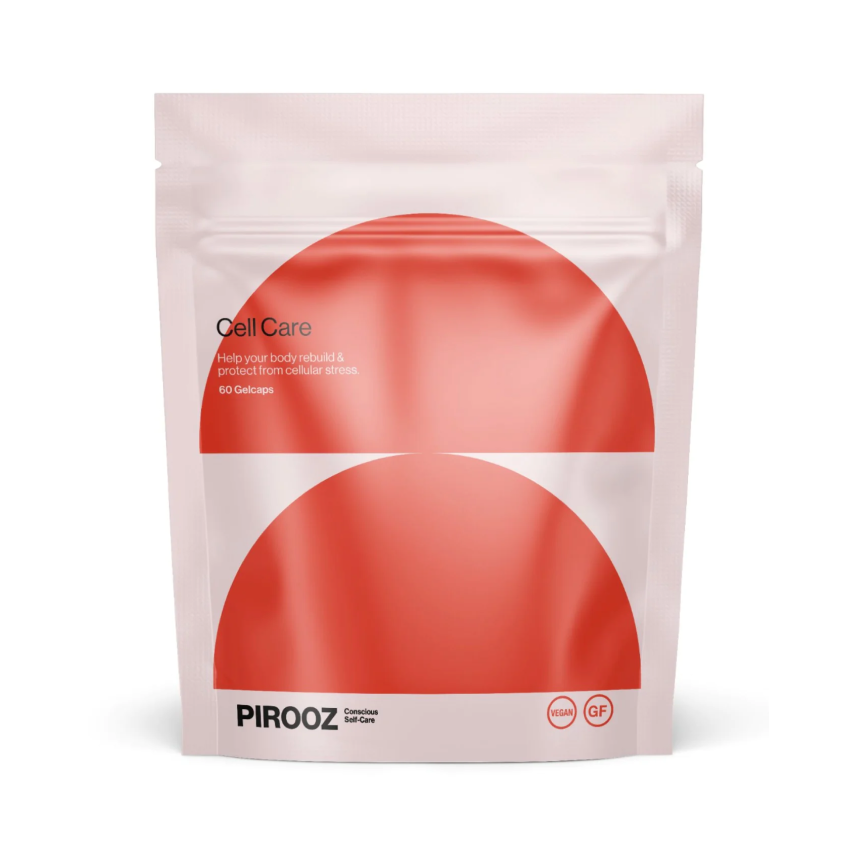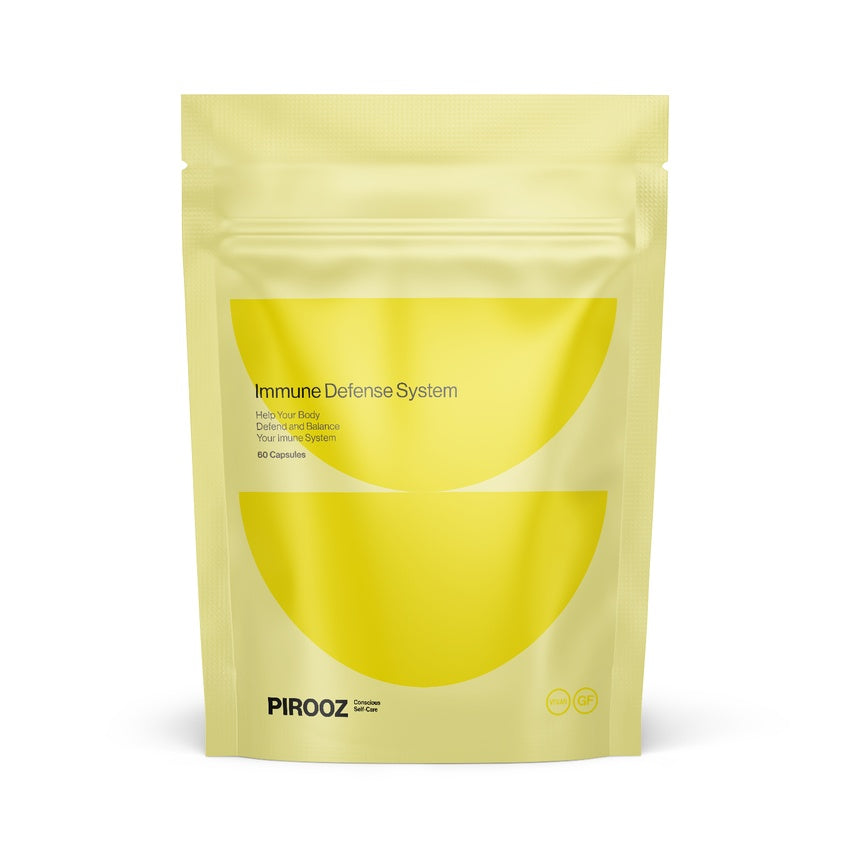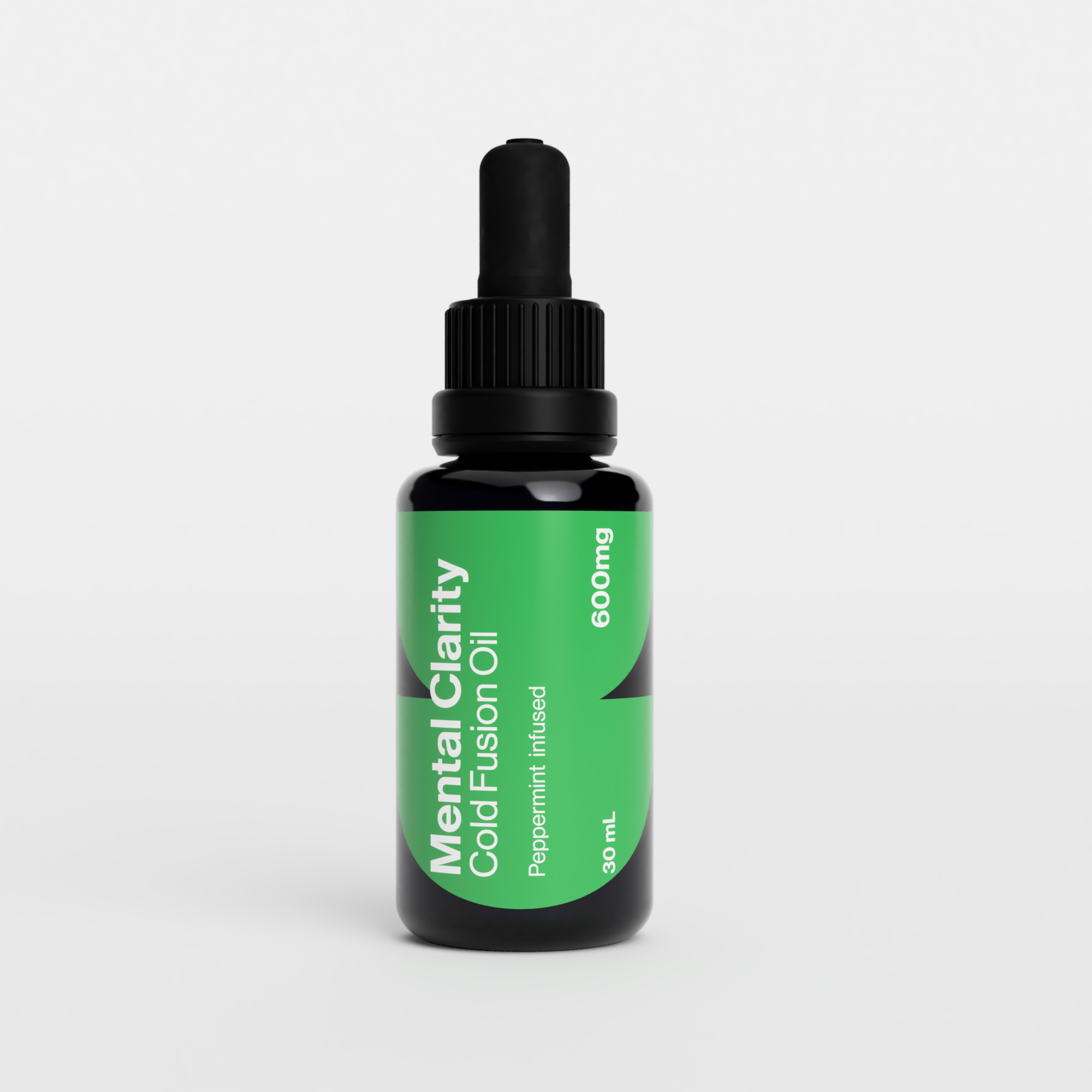Understanding Intention and Conscious Awareness
What is Intention? Intention is the mental state or attitude that guides our actions towards a specific outcome. It's the purpose behind our actions and thoughts. When we set an intention, we are consciously choosing a path or goal and aligning our actions with this objective. In the context of self-care, setting an intention means consciously deciding to engage in activities that nurture and support our well-being. It's about being aware of why we're doing what we're doing and how it contributes to our overall health and happiness (Harris, 2009). The Role of Conscious Awareness Conscious awareness is about being fully present and mindful of our thoughts, feelings, and actions in the moment. It's about observing our experiences without judgment and with a sense of curiosity and openness. By cultivating conscious awareness, we can better understand our needs, recognize our stressors, and make informed decisions about our self-care practices. It's a crucial aspect of self-care that enhances its effectiveness and benefits (Brown & Ryan, 2003).The Intersection of Intention and Self-Care
Enhancing the Efficacy of Self-Care Practices When we combine intention with self-care, we elevate the practice from a routine activity to a meaningful ritual. Setting a clear intention before engaging in self-care helps us focus our energy and attention, enhancing the efficacy of the practice. For example, if we intend to relax and unwind, we might choose meditation, deep breathing exercises, or a warm bath. Focusing on our intention allows us to fully immerse ourselves in the experience, bringing relief and peace and deriving more incredible benefits from it (Shapiro et al., 2006). Creating Personalized Self-Care Rituals Intention-driven self-care empowers us to tailor our routines to meet our needs and preferences. This personalized approach ensures that our self-care practices are aligned with our goals and values. Whether dedicating time to physical exercise, engaging in creative activities, or practising mindfulness, setting an intention helps us create a self-care routine that resonates with us deeper, giving us a sense of control and empowerment over our well-being ( Siegel, 2007 ).Practical Steps to Infuse Intention into Your Self-Care Routine
Step 1: Reflect on Your Needs The first step in creating an intention-based self-care routine is to reflect on your current state of well-being. Consider the following questions:- How do you feel physically, mentally, and emotionally?
- What areas of your life are causing stress or discomfort?
- What activities bring you joy and relaxation?
- "I intend to nourish my body with healthy and nutritious food."
- "I intend to cultivate a sense of calm and relaxation through meditation."
- "I intend to express my creativity through art and writing."
- Physical Self-Care: Exercise, yoga, dance, or walking in nature.
- Emotional Self-Care: Journaling, talking to a friend, or practising gratitude.
- Mental Self-Care: Reading, learning a new skill, or engaging in a hobby.
- Spiritual Self-Care: Meditation, prayer, or spending time in nature. By selecting activities that align with your intentions, you can create a self-care routine that is both enjoyable and effective (Brown & Ryan, 2003).












